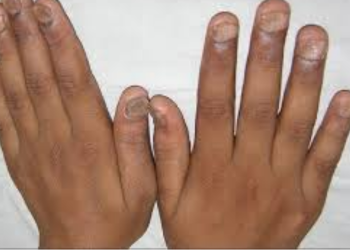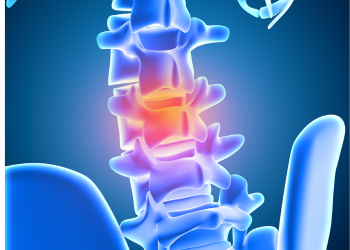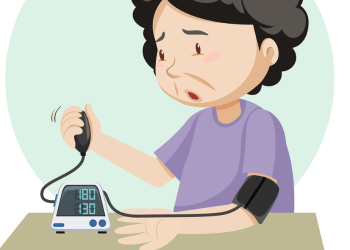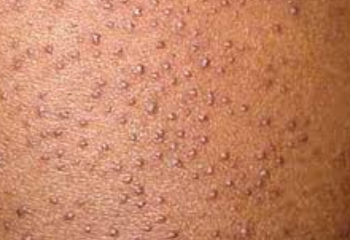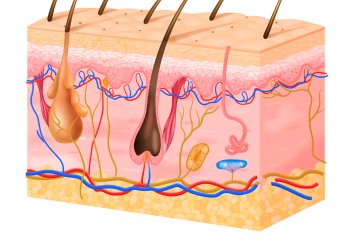
HOMEOPATHY treatment for plantar fasciitis is medications that treat the
causes. Also, homeopathy relieves the symptoms in a short time.
Plantar fasciitis is one of the most common causes of heel pain. It
involves inflammation of a thick band of tissue that runs across the bottom of
each foot and connects the heel bone to the toes, known as the plantar fascia.
The cause of plantar fasciitis is poorly understood. It is more common
in runners and overweight people.
Symptoms
Plantar fasciitis typically causes a stabbing pain in the bottom of your
foot near the heel. The pain is usually the worst with the first few steps
after awakening, although it also can be triggered by long periods of standing
or when you stand up from sitting
CAUSES
The
plantar fascia is a band of tissue, called fascia, that connects your heel bone
to the base of your toes. It supports the arch of the foot and absorbs shock
when walking.
Tension and stress on the fascia can cause small tears. Repeated
stretching and tearing of the facia can irritate or inflame it, although the
cause remains unclear in many cases of plantar fasciitis.
Risk factors
Age. Plantar fasciitis is most common in people
between the ages of 40 and 60.
Certain types of exercise. Activities
that place a lot of stress on your heel and attached tissue such as long-distance running, ballet dancing,
and aerobic dance
Foot mechanics. Flat feet, a high
arch or even an atypical pattern of walking can affect the way weight is
distributed when you're standing and can put added stress on the plantar
fascia.
Obesity. Excess pounds put extra stress on your
plantar fascia.
Occupations that keep you on your feet. Factory workers, teachers, and others who spend most of their work
hours walking or standing on hard surfaces can be at increased risk of plantar
fasciitis.
Complications
Ignoring
plantar fasciitis can result in chronic heel pain that hinders regular
activities.
DIAGNOSIS
Plantar
fasciitis is diagnosed based on your medical history and physical exam. During
the exam, your health care professional will check for areas of tenderness in
your foot. The location of your pain can help determine its cause.
Sometimes an X-ray shows a piece of bone sticking out from the heel
bone. This is called a bone spur. In the past, these bone spurs were often
blamed for heel pain and removed surgically. But many people who have bone
spurs on their heels have no heel pain.
HOMEOPATHIC MEDICINES
MEDORRHINUM
CALCAREA CARBONICUM
RUTA
FAQS
Is plantar fasciitis curable?
Most people who have plantar fasciitis recover in
several months with conservative treatment, such as icing the painful area,
stretching, and modifying or staying away from activities that cause pain
What is the best
pain relief for plantar fasciitis?
Ice, Massage, Pain Relievers, and Rest.
Rolling the bottom of your foot on a plastic ball covered in soft spikes is an
easy form of massage that your doctor may recommend.
How to massage for plantar fasciitis?
Use the heel of the hand to
apply pressure to the sole of the foot while stroking up and down. Press the
thumbs along the length of the sole, from the heel to the toes and back. Gently
pull each toe, starting with the big toe, away from the foot. Finish by rubbing
the heel in a circular motion.

